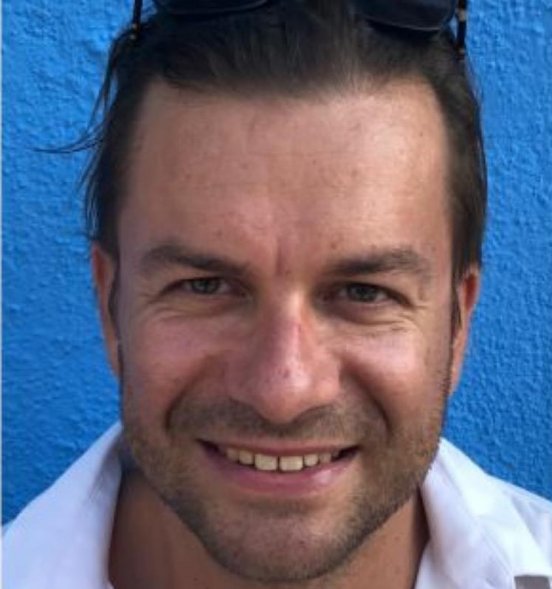
 Autour du thème des TIPE pour les concours 2020
Exposé 1
Exposé 2
Exposé 3
Exposé 4
Autour du thème des TIPE pour les concours 2020
Exposé 1
Exposé 2
Exposé 3
Exposé 4
 Autres années
Autour du thème des TIPE pour les concours 2019 - Transports
Autres années
Autour du thème des TIPE pour les concours 2019 - Transports

 Autour du thème des TIPE pour les concours 2020
Exposé 1
Exposé 2
Exposé 3
Exposé 4
Autour du thème des TIPE pour les concours 2020
Exposé 1
Exposé 2
Exposé 3
Exposé 4
 Autres années
Autour du thème des TIPE pour les concours 2019 - Transports
Autres années
Autour du thème des TIPE pour les concours 2019 - Transports
Mathieu Wyart,
Ecole Polytechnique Federale de Lausanne
Wednesday, November 23, 2022
1:30 p.m. — Amphi Jaurès (E244)
Under cooling, a supercooled liquid undergoes a glass transition and stops flowing. Physicists do not agree on the microscopic reasons that make a glass solid. Some view this phenomenon as being collective in nature : it may be a signature of a thermodynamic phase transition, or being caused by kinetic constraints (where particles seek to solve a sort of Chinese puzzle). Others view it as simply reflecting elementary barriers for rearrangements, controlled by the elasticity of the material. Here I will focus on polydisperse numerical glasses, which are receiving a considerable attention, because they can be equilibrated as efficiently as experimental molecular liquids. I will (i) design new algorithms that can continuously speed up or slow down the normal physical dynamics, ruling out the role of a thermodynamic phase transition [1]. (ii) Introduce a novel algorithm to systematically extract elementary rearrangements in a broad energy range. It allows to make, for the first time, a quantitative prediction on the relaxation time, assuming that relaxation is not collective in nature. The comparison with observation is excellent [2]. (iii) I will explain why, in such a scenario, dynamical correlations emerge even if they have little effects on the dynamics [3]. (iv) I will discuss the nature of elementary rearrangements under cooling, and how these aspects relate to mean field description of glasses.
[1] ongoing work with Cristina Gavazzoni and Carolina Brito
[2] ongoing work with Wencheng Ji and Massimo Pica Ciamarra
[3] ongoing work with Giulio Biroli, Misaki Ozawa, Marko Popovic and Ali Tahaei
[4] joint work with Wencheng Ji, Tom WJ de Geus and Elisabeth Agoritsas

 RECRUTEMENT
RECRUTEMENT ACCES DIRECT
ACCES DIRECT